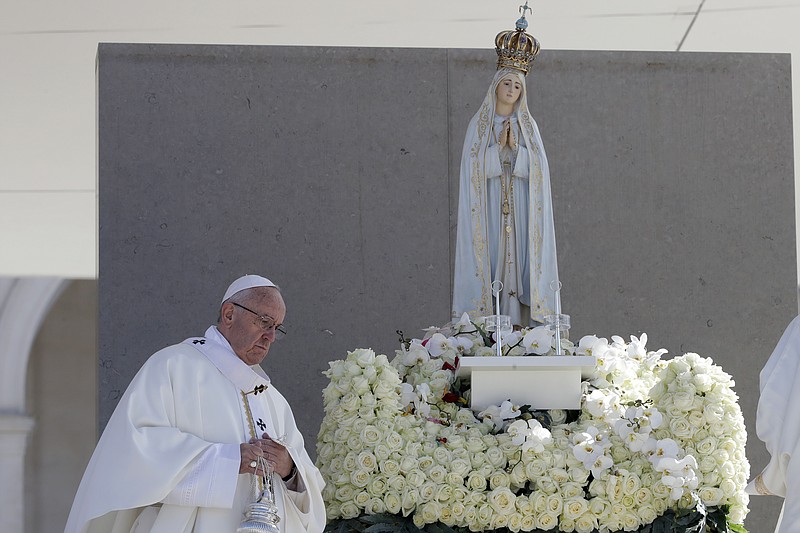(This is another latest installment in my occasional series of conversations about Christianity. Previously, I've spoken with the Rev. Timothy Keller, Jimmy Carter and Cardinal Joseph Tobin. Here's my interview of William Lane Craig, professor of philosophy at Talbot School of Theology and Houston Baptist University.)
Kristof: Merry Christmas, Dr. Craig! I must confess that for all my admiration for Jesus, I'm skeptical about some of the narrative we've inherited. Are you actually confident that Jesus was born to a virgin?
Craig: Merry Christmas to you, too, Nick! I'm reasonably confident. When I was a non-Christian, I used to struggle with this, too. But then it occurred to me that for a God who could create the entire universe, making a woman pregnant wasn't that big a deal! Given the existence of a Creator and Designer of the universe (for which we have good evidence), an occasional miracle is child's play. Historically speaking, the story of Jesus' virginal conception is independently attested by Matthew and Luke and is utterly unlike anything in pagan mythology or Judaism. So what's the problem?
Q: Why can't we accept that Jesus was an extraordinary moral teacher, without buying into miracles?
A: You can, but you do so at the expense of going against the evidence. That Jesus carried out a ministry of miracle-working and exorcisms is so widely attested in every stratum of the sources that the consensus among historical Jesus scholars is that Jesus was, indeed, a faith-healer and exorcist. That doesn't prove these events were genuine miracles, but it does show that Jesus thought of himself as more than a mere moral teacher.
Q: You don't believe the Genesis account that the world was created in six days, or that Eve was made from Adam's rib, do you? If the Hebrew Bible's stories need not be taken literally, why not also accept that the New Testament writers took liberties?
A: Because the Gospels are a different type of literature than the primeval history of Genesis 1-11. The eminent Assyriologist Thorkild Jacobsen described Genesis 1-11 as history clothed in the figurative language of mythology, a genre he dubbed "mytho-history." By contrast, the consensus among historians is that the Gospels belong to the genre of ancient biography, like the 'Lives of Greeks and Romans' written by Plutarch. As such, they aim to provide a historically reliable account.
Q: How do you account for the many contradictions within the New Testament? For example, Matthew says Judas hanged himself, while Acts says that he "burst open." They can't both be right, so why insist on inerrancy of Scripture?
A: I don't insist on the inerrancy of Scripture. Rather, what I insist on is what C.S. Lewis called "mere Christianity," that is to say, the core doctrines of Christianity. Harmonizing perceived contradictions in the Bible is a matter of in-house discussion amongst Christians. What really matters are questions like: Does God exist? Are there objective moral values? Was Jesus truly God and truly man? How did his death on a Roman cross serve to overcome our moral wrongdoing and estrangement from God? These are, as one philosopher puts it, the "questions that matter," not how Judas died.
Q: Over time, people have had faith in Zeus, in Shiva and Krishna, in the Chinese kitchen god, in countless other deities. We're skeptical of all those faith traditions, so should we suspend our emphasis on science and rationality when we encounter miracles in our own tradition?
A: I don't follow. Why should we suspend our emphasis on science and rationality just because of weakly evidenced, false claims in other religions? I champion a "reasonable faith" that seeks to provide a comprehensive worldview that takes into account the best evidence of the sciences, history, philosophy, logic and mathematics. Some of the arguments for God's existence that I've defended, such as the arguments from the origin of the universe and the fine-tuning of the universe, appeal to the best evidence of contemporary science. I get the impression, Nick, that you think science is somehow incompatible with belief in miracles. If so, you need to give an argument for that conclusion. David Hume's famous argument against miracles is today recognized, in the words of philosopher of science John Earman, as "an abject failure." No one has been able to do any better.
Q: You're an evangelical Christian, and let me acknowledge that religious people donate more to charity than nonreligious people and also volunteer more. But I'm troubled that evangelical leaders have sometimes seemed to be moralizing blowhards, focused on issues that Jesus never breathed a word about - like gays and abortion - while indifferent to poverty, inequality, bigotry and other topics that were central to Jesus' teachings.
A: Yes, I hear you. I sometimes cringe at the people that the media trot out as spokesmen for Christianity. The media shun intelligent and articulate Christians in favor of inflammatory preachers and televangelists. Just know that the Christian church is involved not only in defending the sanctity of life and marriage but in a whole range of social issues, such as combating poverty, feeding the homeless, medical care, disaster aid, literacy programs, fostering small businesses, promoting women's rights and drilling wells, especially in the developing world. Honestly, Christians have gotten very bad press.
The New York Times
